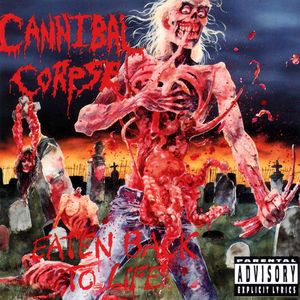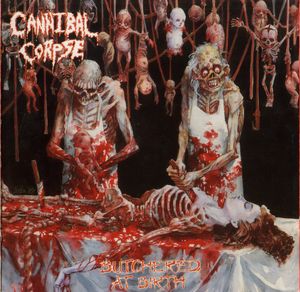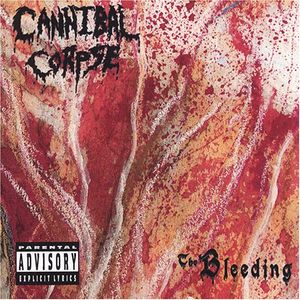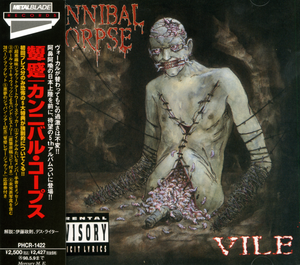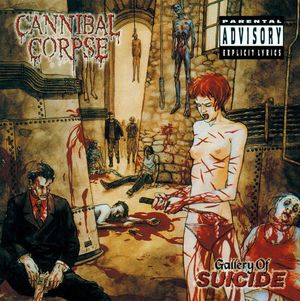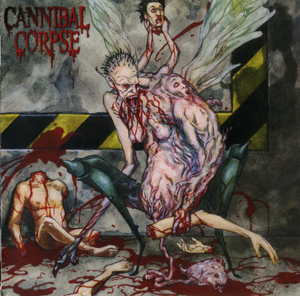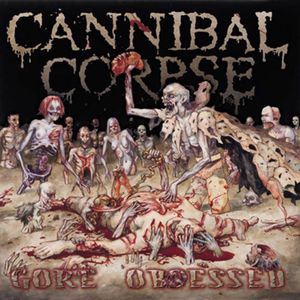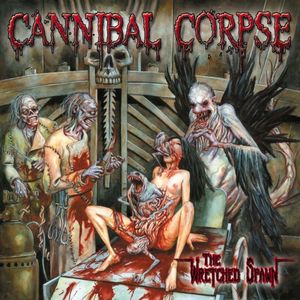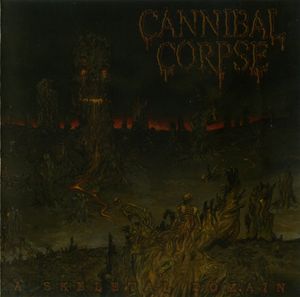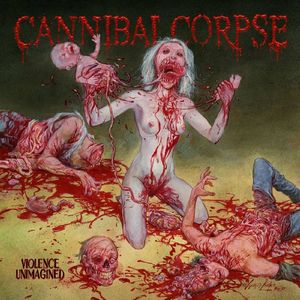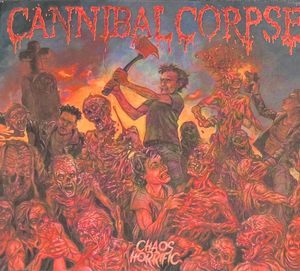
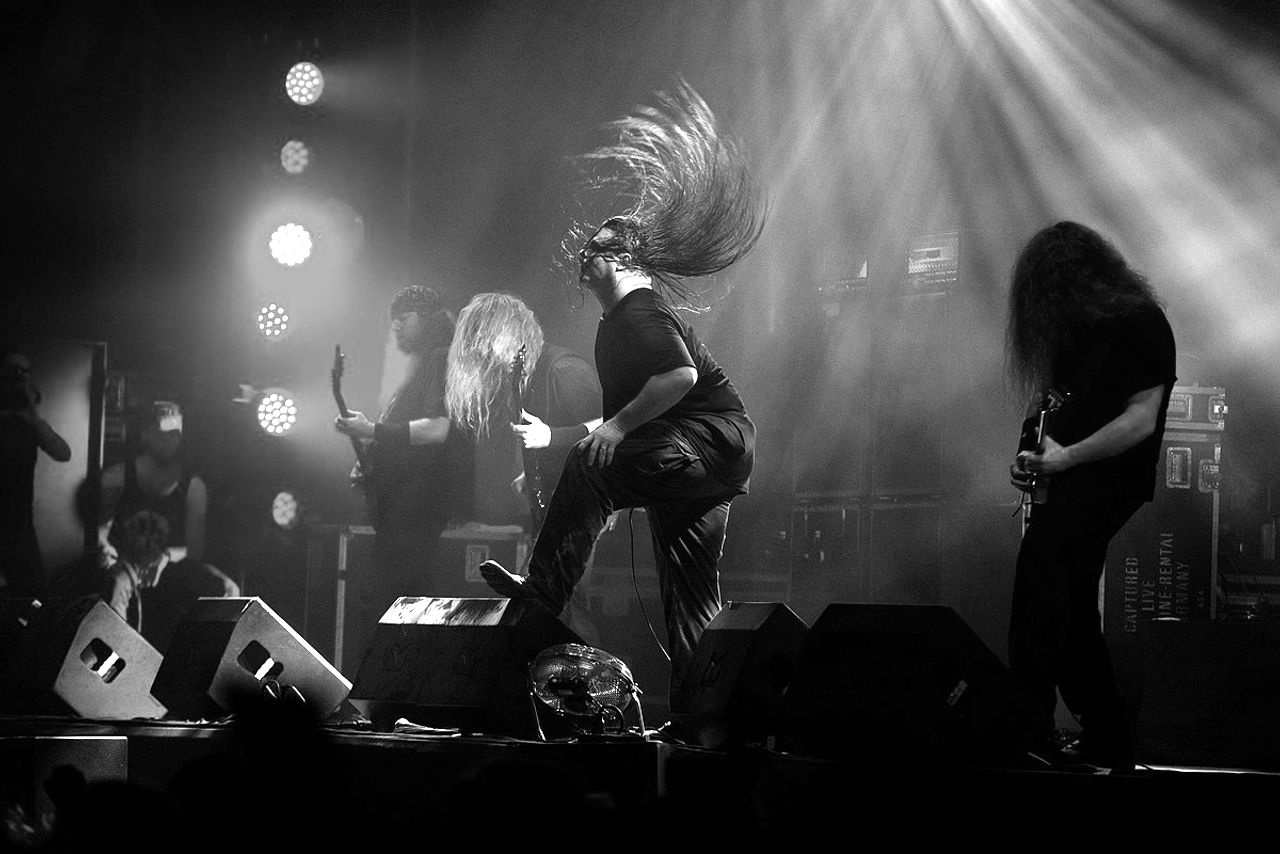
Cannibal Corpse
Follow Your Favorite Band Today!
Top Cannibal Corpse Community Posts
Story of Cannibal Corpse
Cannibal Corpse: A Brutal Force in Death Metal
Hailing from the icy depths of Buffalo, New York, Cannibal Corpse emerged in 1988 as a sonic storm of brutal, unrelenting death metal. Since their formation, they've become a global phenomenon, amassing a legion of devoted fans and leaving an indelible mark on the genre.
While radio and TV may have largely ignored their sonic assault, their early albums like Butchered at Birth (1991) and Tomb of the Mutilated (1992) ignited a fervent cult following. These records cemented their reputation as a force to be reckoned with, their music a relentless torrent of guttural vocals, razor-sharp riffs, and thunderous drums.
This relentless assault has continued for over three decades, resulting in an impressive sixteen studio albums, two box sets, four video albums, and two live albums. By 2015, they achieved worldwide sales exceeding two million units, a testament to their enduring popularity and influence.
In 2021, Cannibal Corpse achieved a career milestone with their album Violence Unimagined. This release not only secured their best first-week sales ever but also placed them in the top 10 on the Billboard Top Album Sales Chart – a testament to their continued relevance and power.
Through various lineup changes over the years, bassist Alex Webster and drummer Paul Mazurkiewicz have remained the band's bedrock, providing a constant foundation for their brutal sound. Their longevity and influence on the death metal scene are undeniable.
From Buffalo to Tampa
Cannibal Corpse's journey has taken them from their New York roots to their current base in Tampa, Florida. This transition didn't diminish their brutal intensity. They've continued to push the boundaries of death metal, crafting an unparalleled legacy built on relentless aggression, technical prowess, and a dedication to pushing the limits of musical extremity.
Origins of the Name
The band's name itself is a testament to their unflinching embrace of the dark side. Bassist Alex Webster came up with the moniker "Cannibal Corpse," reflecting their music's gruesome themes and unrelenting brutality. It's a name that perfectly encapsulates their sound and the shock value that has become synonymous with their presence in the world of death metal.
Frequently Asked Questions
Bands you may like
More Death Metal Bands
Discover more bands in the Death Metal genre and explore the diverse sounds that define this musical style.
Browse All Death Metal BandsMore Bands from United States
Discover the rich musical heritage of United States and explore bands that represent the country's unique sound and culture.
Browse All United States Bands
